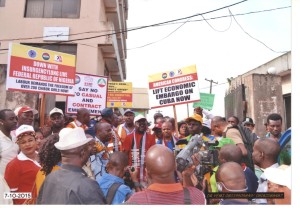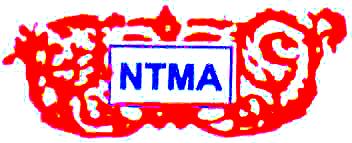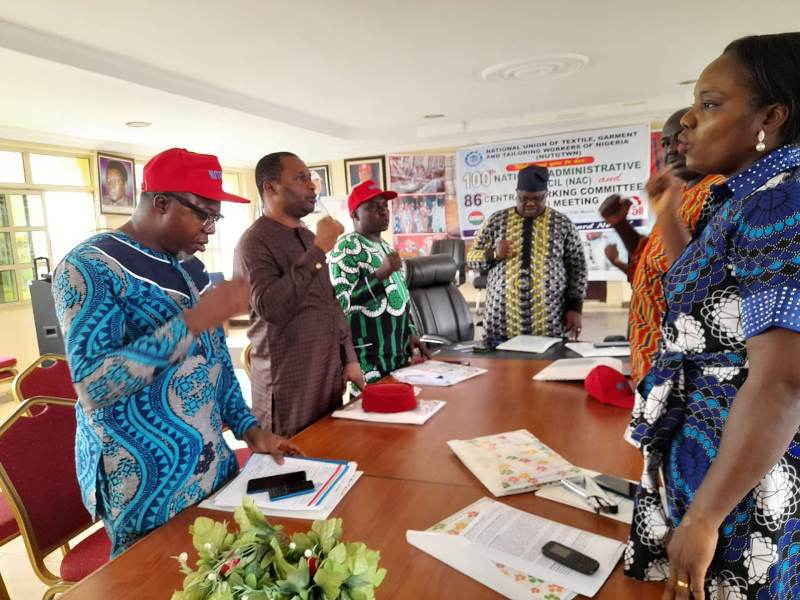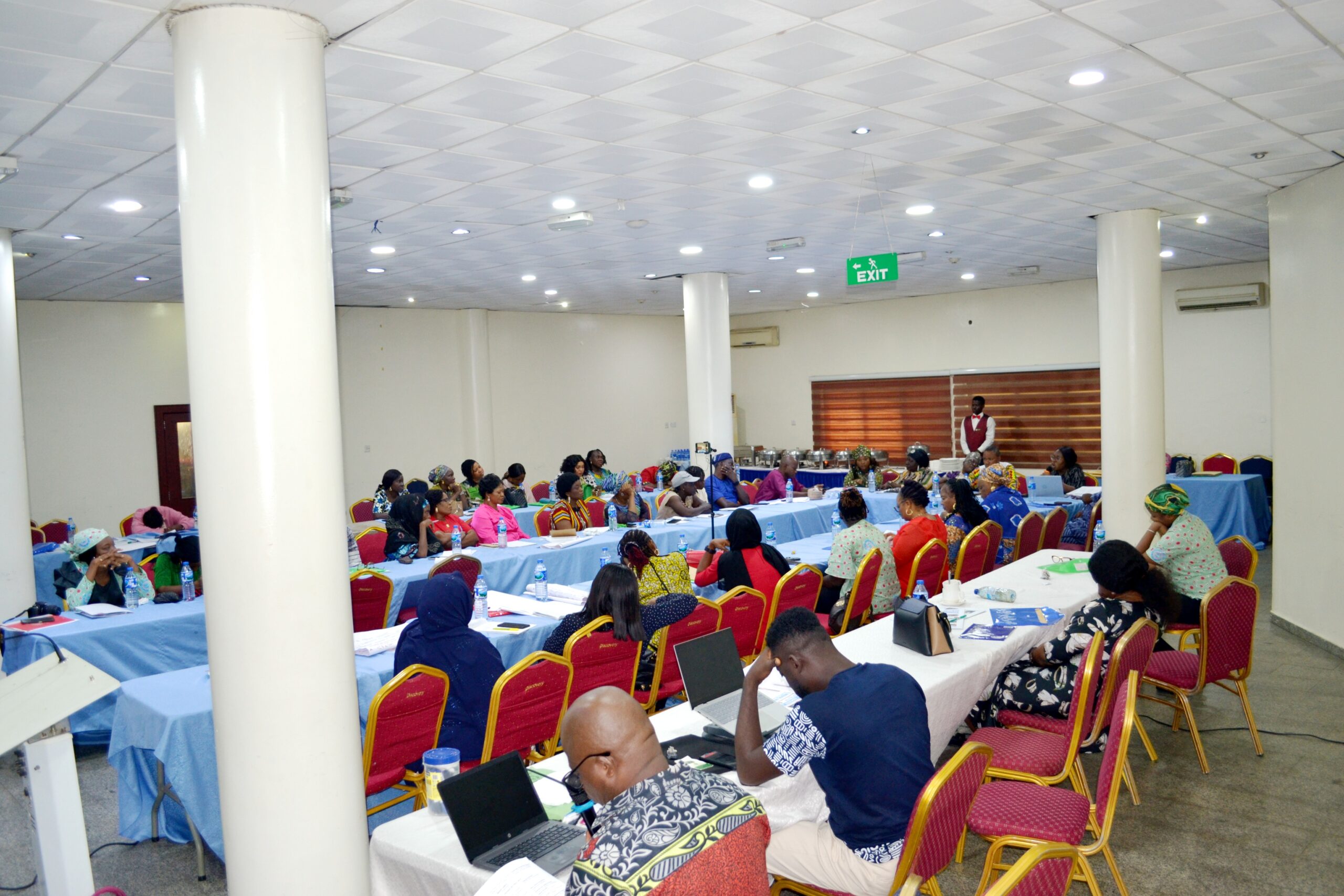
Today Wednesday, October 7 is Decent Work Day as declared by the International Labour Organization, ILO. It’s a day to promote global awareness against Precarious Work and the need for Decent work. Decent work means productive, rewarding and protected work.
WHAT IS DECENT WORK?
Decent work must guarantee minimum and living wages for the workers, wages that are paid as at when and due. Decent work means work that is secured and done by free workers who are entitled to form trade unions and engage in collective bargaining to protect their rights in the world of work. Decent work delivers a fair income, security in the workplace and social protection for families, better prospects for personal development and social integration.
REALITY IN NIGERIA
Many countries subscribe to ILO Decent Work Agenda. However with unbridled pursuit of profits by private employers of labour, work is no more decent. Indeed work is getting precarious as millions of workers worldwide face hard times in the face of worsening conditions at work. World wide, Nigeria inclusive, Workers are exposed to worsening health and safety situations with increased cases of deaths and injuries at work.
In Nigeria, there is a dangerous unacceptable delayed, non-payment of salaries of workers of up to 7 months in some States. Delayed and non-payment of salaries is wage theft which should be treated as economic crime. Workers have the right to make ungovernable and unmanageable companies and States that are defaulting on wage payment, remittance of pension contributions and union dues!
We certainly commend President Muhammed Buhari for working out ways and means to assist some states governors to meet their wage obligations. We must however say that workers’ monthly wages are legitimate regular earnings that must not be tied to presidential bail outs.
Apart from non-payment of salaries, recruitment of workers for few available jobs is getting precarious. Some unscrupulous employers rather than employing directly outsource their workforce under inhuman and criminal terms as we have seen in the many commercial banks and in government agencies with the tragic case of immigration in which many applicants died after criminally paying for employment forms. Few Workers who are employed are getting poorer because of poor remuneration. Jobs are no longer secured as employers opt for casual short term flexible employment as part of the strategies to save cost and boost profit.
The next Minister of Labour, Employment and productivity will be judged by the way he or she ensures decent work based on Nigeria’s law. Many employers violate several aspects of our labour laws and in particular section 40 of the 1999 Constitution of the Federal Republic and sections 9(6a) and 9(6b) of the Labour Act cap 198 Laws of the federation 1990, which guarantee Nigerian workers unfettered rights to associate and join the union.
The Trade Unions must also do self critical assessment. There are some unions that are collaborating with employers to promote precarious work. Nigeria Labour Congress (NLC) should have a code of conduct to reward unions that are promoting decent work and sanction unions that promote precarious work in collaboration with criminal employers.
 STOP PRECARIOUS WORK CAMPAIGN
STOP PRECARIOUS WORK CAMPAIGN
At its Founding Congress, on 20 June 2012 at Compahagen, IndustriALL Global Union with 50-million members resolved to work together to stop precarious work. Industriall Global Union Federation draws workers from 141 Countries in the mining, energy, garment, electronics and other manufacturing sectors. The African Region council with Comrade Issa Aremu, the General Secretary of the Textile Workers as chairman, has about 2 million members drawn from over 35 African countries that include South Africa, Nigeria, Ghana, Angola, Congo, Mauritius, Mozambique, Zambia, Zimbabwe, Cameroun, Ethiopia, Kenya, Gabon, Niger, Benin Republic, Guinea, Senegal Togo, Siera-Leone among others.
Affiliates of Industriall Global Union Federation in Nigeria including National Union of Textile Garment and Tailoring Workers of Nigeria (NUTGTWN), Nigeria Union of Petroleum and Natural Gas (NUPENG), National Union of Chemical , Footwear, Rubber, Leather and Non Metallic Product Employees (NUCFRLANMPE), Petroleum and Natural Gas Senior Staff Association (PENGASSAN), Chemical and Non Metallic Product Senior Staff Association (CANMPSSA), Steel and Engineering Workers Union (SEWUN) and National Union of Electricity Employees (NUEE) working in collaboration with the Nigeria Labour Congress (NLC), Trade Union Congress (TUC) and broad coalition of Civil Society Organisations hold this press conference and rally conference to highlight the dangers that precarious work constitute to workers and the society at large.
PAST MASS ACTIONS AND THE GAINS
In October 2013, five unions including National Union of Textile, Garment and tailoring Workers of Nigeria(NUTGTWN), Nigeria Union of Petroleum and Natural Gas (NUPENG), National Union of Chemical, Footwear, Rubber, Leather and Non Metallic products Employee (NUCFRLANMPE), Petroleum and Natural Gas Senior Staff Association (PENGASSAN) and Chemical and Non-Metallic Products Senior Staff Association (CANMPSSAN) affiliated to IndustriALL Global Union Federation organized a rally around the Ikeja Industrial area.
The unions picketed two companies – Durapack Limited and Majestic Sack Manufacturing company Limited in the process. The exercise freed the affected workers from wage slavery and led to the unionization of over 200 workers in Majestic Manufacturing. The process of ensuring that the workers of Durapack Limited have a right to join the union is still being pursued by NUCFRLANMPE at the National Industrial Court (NIC).
In 2014, the Stop Precarious Work campaign was organized against the background of deepening erosion of the rights of workers at work. IndustriALL Global Union affiliates with the active participation of private sector unions affiliated to the Nigeria Labour Congress organized mass rally around the Ikeja Industrial area distributing handbills to mobilise and sensitise workers against unfair labour practices. The rally ended with picketing of Lynda Manufacturing Company in the Iju area of Lagos where the team engaged the management for hours on the poor health safety practices leading to the death of a young worker. Our campaign drew the attention of the media and the Lagos State Government to the poor and Health safety condition in the factory leading to the closure of the factory and the regularization of the health and safety conditions in the factory.
It is significant to note that the mass participation at Decent Work campaign is deepening with the presence of leadership of NLC today.
THE PRECARIOUS WORK CHALLENGE
Regular, permanent and direct employment remains under constant attack from multinationals and other forces that are instead promoting precarious work. Across sectors, more and more precarious workers are unable to realize their fundamental rights at work and enjoy social rights. High number of women and young workers are caught in the web of precarious work, especially in the banks. Because of their employment status, an increasing number of women have no access to maternity protection, young people are trapped in a vicious circle unable to move from precarious work to permanent employment. An increasing number of workers find it difficult to make ends meet. The rise of precarious employment has multiple consequences affecting our societies leading to deepening poverty and increasing inequality. The incidence of precarious work is growing at an alarming rate in all sectors of the economy. Precarious work has taken over a good part of decent work in the chemical and non-metallic sub-sector of the manufacturing sector in Nigeria. There are several challenges facing the chemical and non-metallic sector but the most disturbing is the change of employment status from conventional permanent to temporary employment in the form of casualization, outsourcing and contract staffing.
Prominent among the organizations whereby worst form of precarious work is practiced are:
•Lee Group- Kano, Lagos
•Dura Pack Limited Ikeja
•Watson Pharmaceuticals Ijebu-Ode
•Finecoat Ltd, Alagbado, Lagos
•Vik Ltd- Isolo
•Jagal Ltd Ikeja
•Current Foam, Akowonjo
•Coates and Paints etc.
In the textile and garment sector, over the last decade management of Sino PP woven sacks, a Chinese owned sack manufacturing company in Kano, has frustrated the efforts of the union to assert the rights of the workers to freedom of association and collective bargaining denying them the right to join the union inspite favourable ruling at the National Industrial Court (NIC). Also in Lagos, Nigeria Bag Manufacturing Company still harbours hundreds of contract workers contrary to the understanding with the union to confirm these workers.
In the Iron, steel and Engineering sector several employers are violating employment laws with impunity employing workers for years without letter of employment and without confirmation and denying workers the right to join the union.
One of such steel factory is IPI in Ikotun, Lagos.
In the oil and Gas sector, major players like Shell, Chevron, Agip and Mobil are busy outsourcing and engaging in casualisation of oil workers to Contractors with no clearly defined conditions of service. The two unions in the sector NUPENG and PENGASSAN have consistently drawn attention to the grand conspiracy by the oil multinationals to phase out regular employment through outsourcing, contract staffing and casual employment.
The oil majors have resorted to migrating the labour contracts to service contracts and made the workers not to join the union or the workers are victimized for joining the union. Workers are often compelled to sign not to belong to the union contrary to the provisions of the extant labour laws.
OUR DEMANDS
We are opposed to Casual, outsourced and contract work because under such arrangements workers are not protected and are exposed to all kind of abuses, unfair and unjust practices, namely Low incomes, job insecurity, delayed payments of salaries and pensions, long hours of work without overtime payment, denial of sick leave and payment for sick leave, denial of annual leave and maternity leave, job insecurity, lack of redundancy benefits, Poor health and safety conditions and nonpayment of compensation for injuries sustained at work, poor working conditions, poor motivation, lack of social protection, Arbitrary deduction and non-remittance of pension contributions and taxes, denial of rights to join the union and bargain collectively are some of the effects of casualisation and other unethical employment practices currently embraced by employers.
The labour law is an important regulator of the relationship between workers and their employers. Violation and open disregard for the labour law by parties in the Industrial relations system is capable of creating atmosphere of industrial anarchy and chaos. We observe with deep concern increasing disregard for the rule of law by several private sector employers.
ORGANIZE, DON’T AGONIZE!
We recognize that we cannot overcome rights violation at work if we do not organise. Organising is all about workers coming together to collectively solve problems encountered at their workplaces. Some of the common problems encountered at work include discrimination (gender), lack of respect for human dignity, low wages, denial of benefits, inhuman treatment by supervisors, exclusion from decision making, unsafe working conditions, casualisation/outsourcing, indiscriminate termination of employment and other unfair labour practices by employers.
We acknowledge that the Nigerian labour laws in spite of the need for review still offer great protection for working people. We are concerned that these progressive laws are being violated with impunity by employers particularly in the private sector as workers are denied the right to organise.
We therefore utilise this occasion of decent work day to reiterate our commitment and collective resolve to work together to defend the rights of our members across sectors particularly the right to organise and bargain collectively. We demand immediate end to all forms of employment that offend human dignity and deny workers access to living wages, social protection and denial of the right to join the union. We ask employers of labour to respect the law and where the law is observed in breach, the Ministry of Labour and other agencies of government should enforce the law.
To the millions of workers subjected to inhuman and un-dignifying employment, we are determined to join forces to embark on unbroken struggle to force recalcitrant employers to respect workers right to join the union. It is the basis for our struggle to end precarious work in Nigeria.
Aluta continua!
Thank You for your attention.
Issa Aremu, mni
CHAIRMAN, IndustriALL Global Union, Africa Region
GENERAL SECRETARY, National Union of Textile, Garment & Tailoring Workers of Nigeria (NUTGTWN)








